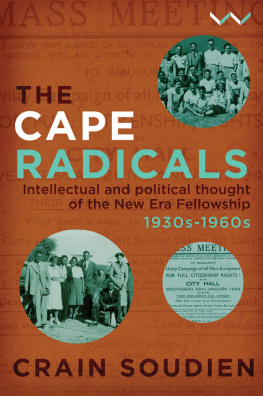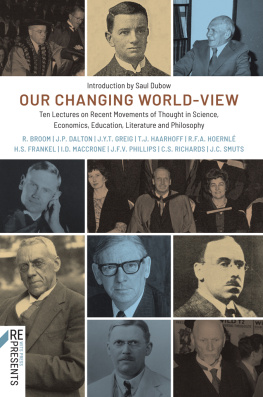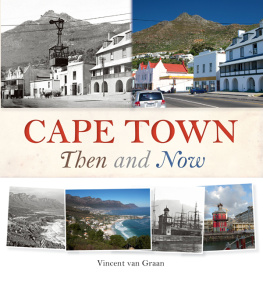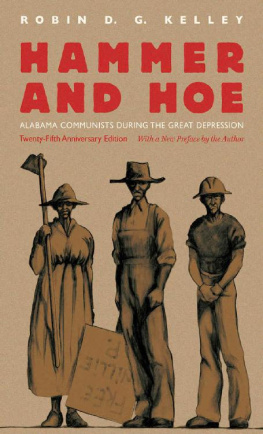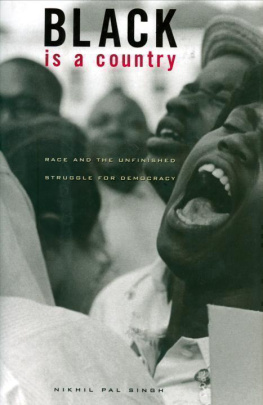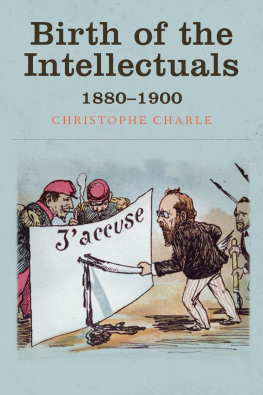THE CAPE RADICALS
THE CAPE RADICALS
Intellectual and Political Thought
of the New Era Fellowship,
1930s to 1960s
Crain Soudien
Published in South Africa by:
Wits University Press
1 Jan Smuts Avenue
Johannesburg 2001
www.witspress.co.za
Copyright Crain Soudien 2019
Published edition Wits University Press 2019
Images Copyright holders
First published 2019
http://dx.doi.org.10.18772/12019063177
978-1-77614-317-7 (Paperback)
978-1-77614-348-1 (Web PDF)
978-1-77614-349-8 (EPUB)
978-1-77614-350-4 (Mobi)
All rights reserved. No part of this publication may be reproduced, stored in a retrieval system, or transmitted in any form or by any means, electronic, mechanical, photocopying, recording or otherwise, without the written permission of the publisher, except in accordance with the provisions of the Copyright Act, Act 98 of 1978.
All images remain the property of the copyright holders. The publishers gratefully acknowledge the publishers, institutions and individuals referenced in captions for the use of images. Every effort has been made to locate the original copyright holders of the images reproduced here; please contact Wits University Press in case of any omissions or errors.
Project manager: Pat Tucker
Copyeditors: Alison Lowry and Alison Lockhart
Proofreader: Judith Shier
Indexer: Margie Ramsay
Cover design: Hybrid Creative
Typesetter: MPS
Typeset in 11.5 point Crimson
Contents
Acknowledgements
T his work arose out of a request by Charles Thomas, Usuf Chikte and Dihru Gihwala to write for their organisation, the New Unity Movement, a history of the New Era Fellowship (NEF). A version of this book was produced for the eightieth anniversary of the founding of the NEF. Charles, Usuf and Dihru are important interlocutors for the gestation and production of what has been developed into this book, but they gave me carte blanche. They bear no responsibility for the positions that are taken in it. I am deeply grateful for the opportunity they provided me.
Derek Gripper was central to the research process and assisted in locating and collecting some of the most hard-to-get materials that have been drawn on here. To Derek and his partner Jaqueline Yamey, and Diane Paulse, both of whom assisted Derek, I am sincerely thankful. They found what little there was to be found, and considerably enriched the base off which any work was possible.
And then I would like to thank my wife, Lyn Hanmer, for her willingness to read and reread my efforts at clarity.
Acronyms and Abbreviations
| AAC | All-African Convention |
| ANB | African National Bond |
| ANC | African National Congress |
| Anti-CAD | Anti-Coloured Affairs Department |
| APDUSA | African Peoples Democratic Union of Southern Africa |
| APO | African Peoples Organisation |
| CAC | Coloured Advisory Council |
| CAD | Coloured Affairs Department |
| CAFEF | Cape Flats Educational Fellowship |
| CATA | Cape African Teachers Association |
| CI | Communist International |
| CLSA | Communist League of South Africa |
| CPSA | Communist Party of South Africa |
| CPSU | Cape Peninsula Students Union |
| CST | colonialism of a special type |
| FIOSA | Fourth International of South Africa |
| ICU | Industrial and Commercial Workers Union |
| NEF | New Era Fellowship |
| NEUF | Non-European United Front |
| NEUM | Non-European Unity Movement |
| NLL | National Liberation League |
| NRC | Natives Representative Council |
| NUM | New Unity Movement |
| PF | Progressive Forum |
| SAIC | South African Indian Congress |
| SOYA | Society of Young Africa |
| SPEF | South Peninsula Education Fellowship |
| TLSA | Teachers League of South Africa |
| UCT | University of Cape Town |
| WIL | Workers International League |
| WPSA | Workers Party of South Africa |
Introduction
I n 1937 a small group of young Cape Town intellectual-activists made the decision to establish a cultural society for the purpose of, as they put it in their constitution, spreading enlightenment. They called the society the New Era Fellowship (NEF). And so began an ambitious process of public education with the ordinary people of Cape Town. Their aim was to bring into being an organisation that would disrupt prevailing ruling-class thinking, which said that some people were naturally superior and others inferior. Integral to this disruption was making available to people the best thinking and opinions on a range of issues and subjects. We will discuss anything under the sun, they announced to the people of Cape Town in 1937.
A variety of forums were put in place: study circles, debating societies and cultural initiatives. These in turn were catalysts for new political formations, civic organisations and formative social organisations. Over a period of about 25 years the NEF introduced into the cultural life of Cape Town not only a sense of entitlement to dignity but also an awareness of new human possibility. In the process they made important contributions to the city on a local level. In rejecting out of hand the customs and practices of colonialism, a distinctive set of Cape cultural and political traditions, many of which live on into the present, were developed.
As innovative as the NEF was at the local level, on a much higher level it was groundbreaking. Its members were the first in South Africas political history to locate the wider global discussions about race and class in a larger discourse about the nature of domination. They arrived at the understanding and this constituted the core of their global contribution that the primary framing upon which the modern world was constructed, namely, race, was false. They developed a programmatic understanding of how hegemony which is the complete domination of one group or power over another can be constituted as a political and ideological project. They showed how the idea of race can be deployed to capture the cognitive and sense-making faculties of oppressed people, resulting in mental slavery. Not only did they seek to bring an end to mental slavery, they also committed themselves to building a new society in which all people could live with dignity. The means of effecting this, they came to understand, was education. As the ruling class used education to constitute the subjected subject, it would be necessary to use the same powerful tool to produce new liberated human beings. This was their new era vision.
Ultimately, the NEF did not become the mass movement its founders envisaged or hoped it would be. It did not produce the cultural revolution that would make every home, every school, every social and religious gathering, and every institution of the people a site and an opportunity for the formation of the new man (they had not yet come to the realisation that the term man was problematic). It did not succeed in bringing the reproducers of hegemony the institutions of the family, sites of learning, the ideological apparatuses of the courts, the police and the army, and places of worship over to its side. But it was not for lack of trying. For some time, especially during the late 1940s and the 1950s, the NEF offered the people of Cape Town a vision of the ideal modern citizen. Leading by example, its leaders endeavoured to demonstrate the values, dispositions and attributes of a good citizen. A good citizen embodied core values: consideration for the marginalised and the oppressed, modesty and sensibility in tastes and manners, a deep desire for learning and an awareness of the need for self-effacement. In taking this path, the NEF influenced, and in some cases defined, how one entered and became a member of the professions.

